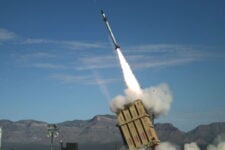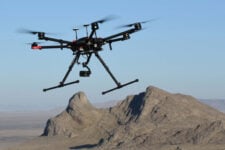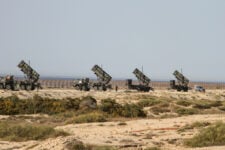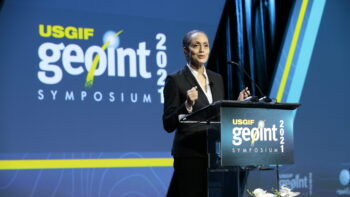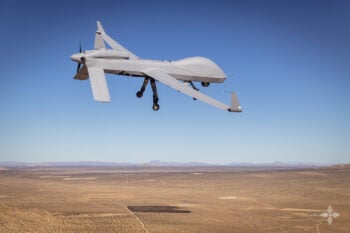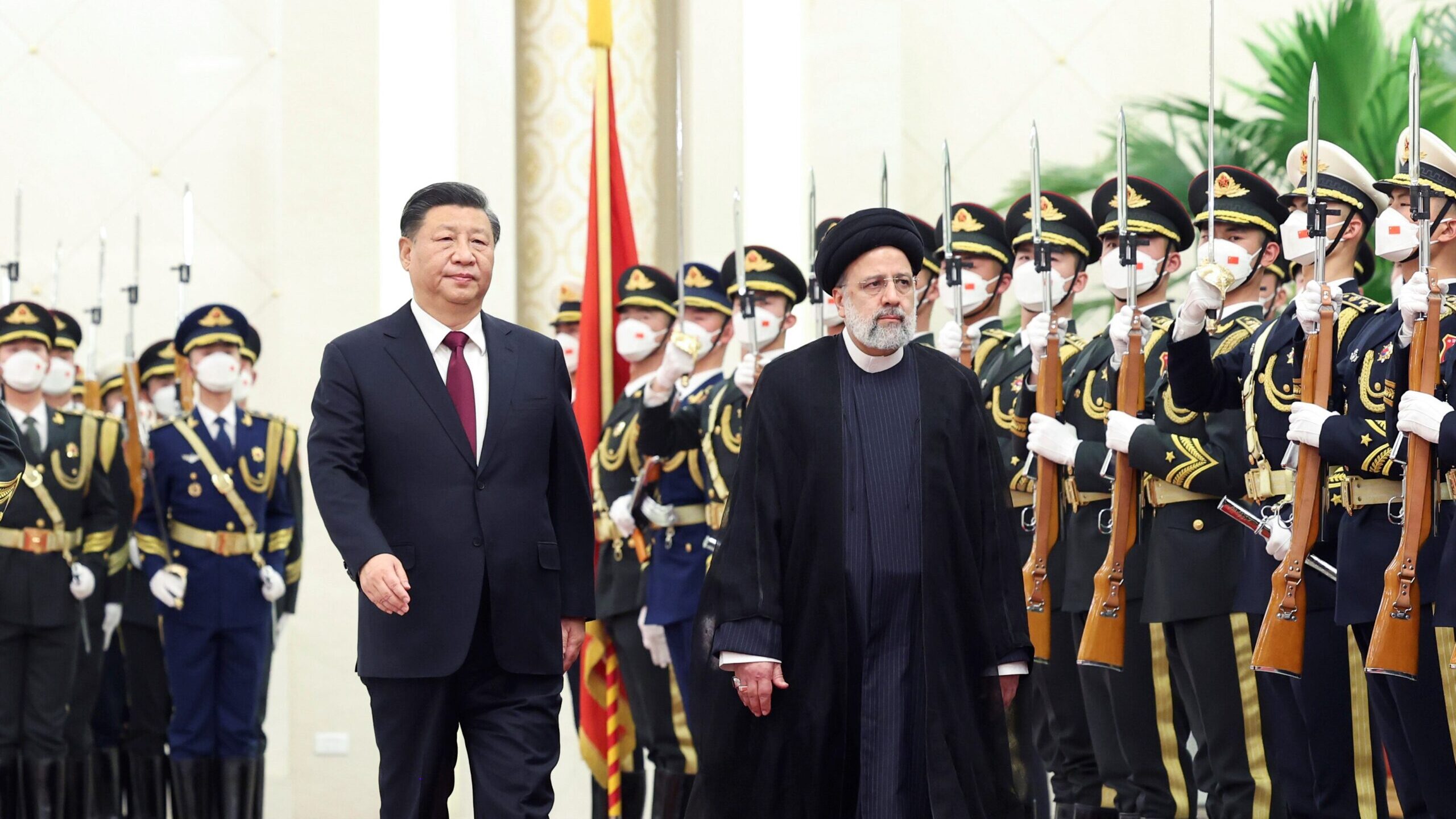
Chinese President Xi Jinping holds a welcoming ceremony for visiting President of the Islamic Republic of Iran Ebrahim Raisi prior to their talks at the Great Hall of the People in Beijing, capital of China, Feb. 14, 2023. (Photo by Pang Xinglei/Xinhua via Getty Images)
WASHINGTON — A White House spokesman is downplaying Beijing’s role in brokering a new agreement between Saudi Arabia and Iran, saying that while the US is keeping an eye on its greatest geopolitical rival, “this is not about China.”
“…[I]n the end, if this deal can be sustained, regardless of what the impetus was or who sat down at the table … we welcome that,” White House National Security Council spokesperson John Kirby told reporters today, adding that “any effort to deescalate tensions there in the region” is “in our interest.”
The comments came just hours after the governments of Iran and Saudi Arabia, the two rival power centers in the Middle East, announced the resumption of diplomatic relations after a seven-year rupture — and perhaps as eye-opening, used a joint statement to credit “the noble initiative” of Chinese President Xi Jinping. After days of talks in Beijing, the two countries vowed to reopen embassies, respect “the sovereignty of states and the non-interference in internal affairs of state” and move forward with a “security cooperation agreement.”
RELATED: With US distracted, Tehran and Beijing tighten embrace in the Middle East
It remains to be seen what practical effect the deal will have on defense issues in the Middle East that have often been defined by an antagonism between US-friendly nations, like Saudi Arabia, and Iran. Kirby said it’s “unclear,” for instance, how the development may affect Saudi Arabia potentially joining the Abraham Accords with Israel. But some critics were quick to point out that beyond the deal itself, China’s key role as interlocutor could be a worrying sign of Beijing’s growing influence in the region.
Kirby, who noted Saudi Arabia kept the US appraised of the talks, said he would push back “hard” on the idea that the US had withdrawn from the region in recent years, leaving an opening for China. He cited President Joe Biden’s trip to the Middle East last summer and credited the administration with helping to open Omani airspace to Israeli flights last month. (US Secretary of Defense Lloyd Austin is currently on a multi-day trip to the region.)
“As far as Chinese influence there, or in Africa or in Latin America, it’s not like we have blinders on. We certainly watch China as they try to gain influence and footholds elsewhere around the world in their own selfish interests,” Kirby said. “And you’re starting to see countries around the world wake up to the fact that China’s influence is in their own selfish interest.”
Jonathan Lord, director of the Middle East program at the Center for a New American Security, said that while Beijing may be eager to emphasize its role, the warming of relations between Iran and Saudi Arabia was long in the making.
“The Saudis have sought to buy down the risk of Iranian aggression through [rapprochement], while working assiduously to develop stronger military capabilities to neutralize the asymmetric threats that Iran poses,” he wrote on Twitter. Iran, meanwhile, gets “some public recognition and validation.”
RELATED: China knocks AUKUS deal as destabilizing, while Albanese pledges defense boost for subs
As for whether the deal will hold, Kirby said it’s too early to tell. It’s not as if regional tensions have dissolved. Just last month Riyadh hosted a Gulf Cooperation Council meeting with the US, which produced a pointed statement aimed at Tehran.
“The United States and GCC member states condemned Iran’s continued destabilizing policies, including its support for terrorism and the use of advanced missiles, cyber weapons, and Unmanned Aircraft Systems (UAS) and their proliferation in the region and around the world,” the statement read.
Anduril debuts Pulsar AI-powered electronic warfare system
Company executives claimed the Pulsar system can use AI tools to quickly identify new threats and devise defenses against them, compressing the timeline for responding to rapidly-evolving electronic warfare.



